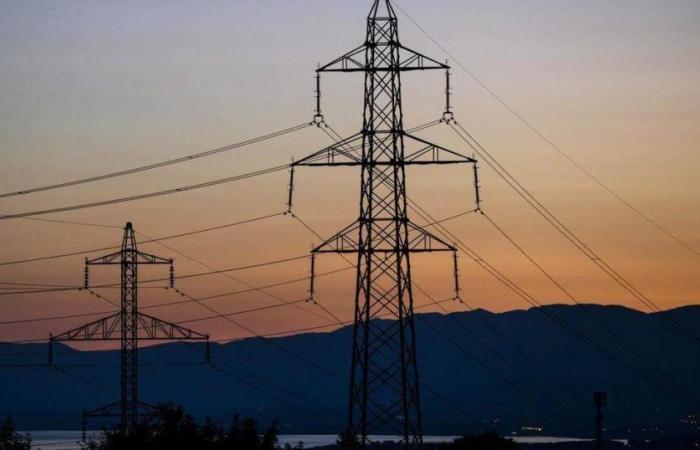The historic agreement concluded Friday between Switzerland and the European Union could have a direct impact on electricity consumers. Prices could in particular be affected.
The agreement notably provides for a liberalization of the electricity market. Swiss consumers will therefore be able to freely choose their electricity supplier.
Today, everyone is required to sign with the parapublic company in their region. Thus, a resident of Carouge (GE) will buy his electricity from Geneva Industrial Services, while in Hérémence (VS), electricity will be sold by Oiken, for example.
By allowing households to choose any electricity supplier, in Switzerland or abroad, the Federal Council is seeking to break this monopoly. With the liberalization of the market, Swiss consumers could even sign with EDF in France or Energias in Portugal.
>> Read also: Details of the measures provided for in the new Switzerland-EU agreements
Impact on prices
With this change, electricity costs could fall, with greater competition generally leading to lower prices.
But not everyone will necessarily be a winner. Europeans today pay more on average for their electricity than the Swiss, despite having lower purchasing power.
Furthermore, on the liberalized market, prices fluctuate more than on the regulated market. Some Swiss companies that have opted for the free market have seen their bills explode since electricity prices soared two years ago.
>> Read also: Energy sector accused of raking in record profits thanks to 'excessive' electricity prices
Security of supply
This market liberalization is the result of a compromise between Berne and Brussels. Despite the risks, the Federal Council agreed to this in return for a guarantee of security of supply.
The agreement stipulates that neighboring states will not be able to limit border capacities vis-à-vis Switzerland, even in the event of an energy crisis. Europe is therefore committed to protecting Switzerland from an electricity shortage in winter, as if it were part of the EU, in exchange for liberalization which benefits European energy companies.
The Federal Council felt obliged to accept, knowing that Switzerland is not close to becoming self-sufficient in winter. Alpine solar parks are less efficient than expected, building new dams takes decades and the nuclear solution advocated by the Federal Council remains very uncertain.
>> Read also: A winter without an energy shortage in sight in Switzerland, but the risk has not disappeared
The agreement must still be validated by Parliament and the people. The proposal will in any case be debated. In 2002, the people refused the liberalization of electricity, albeit in a more radical form. At the time, a regulated market could not have coexisted alongside the free market.
Radio subject: Romain Carrupt
Adaptation web: edel






